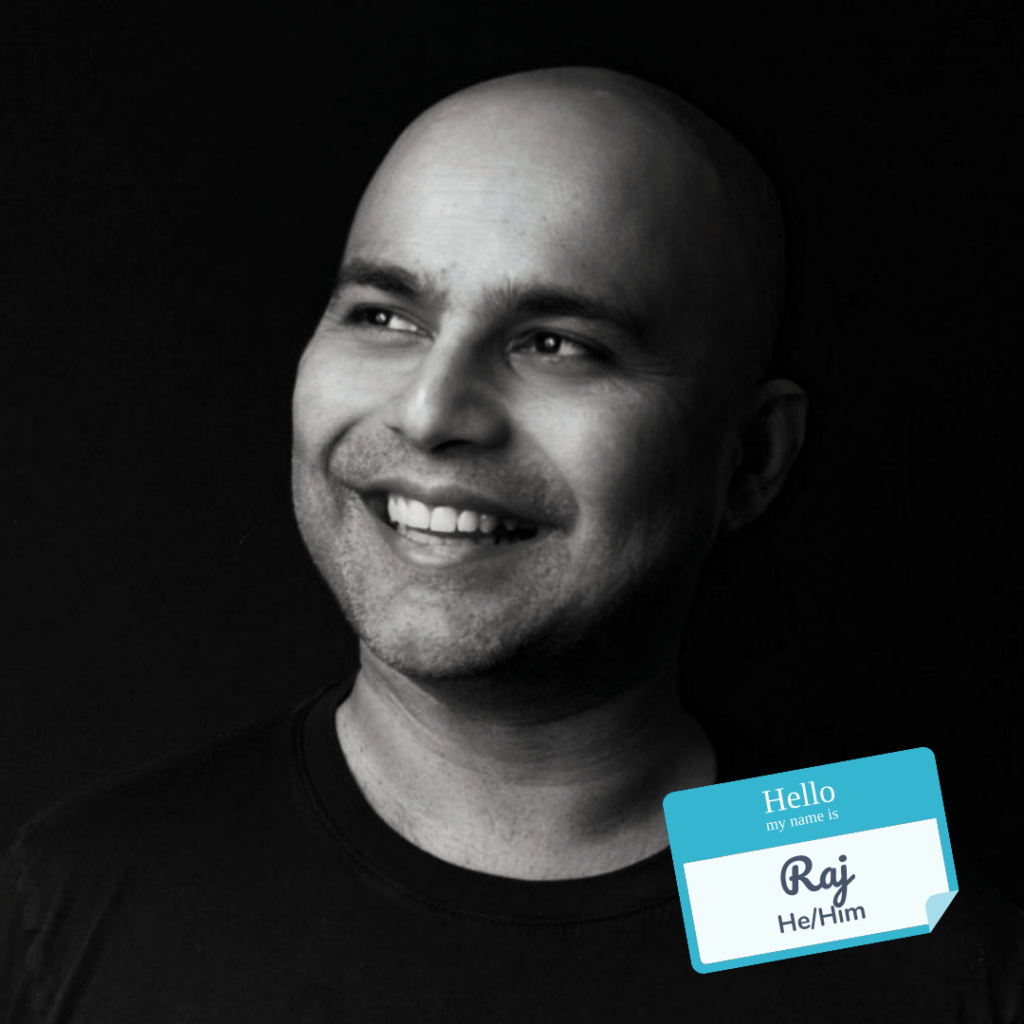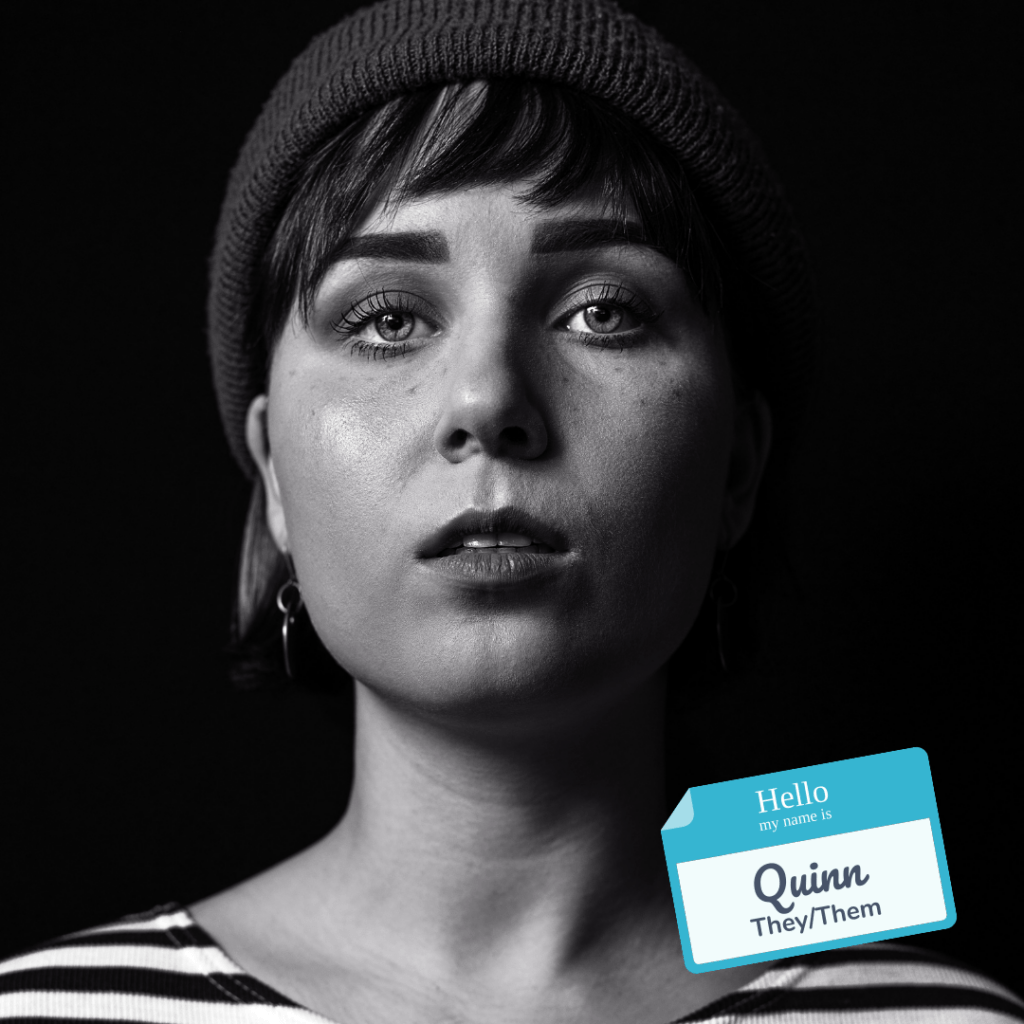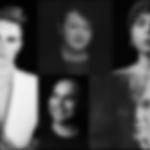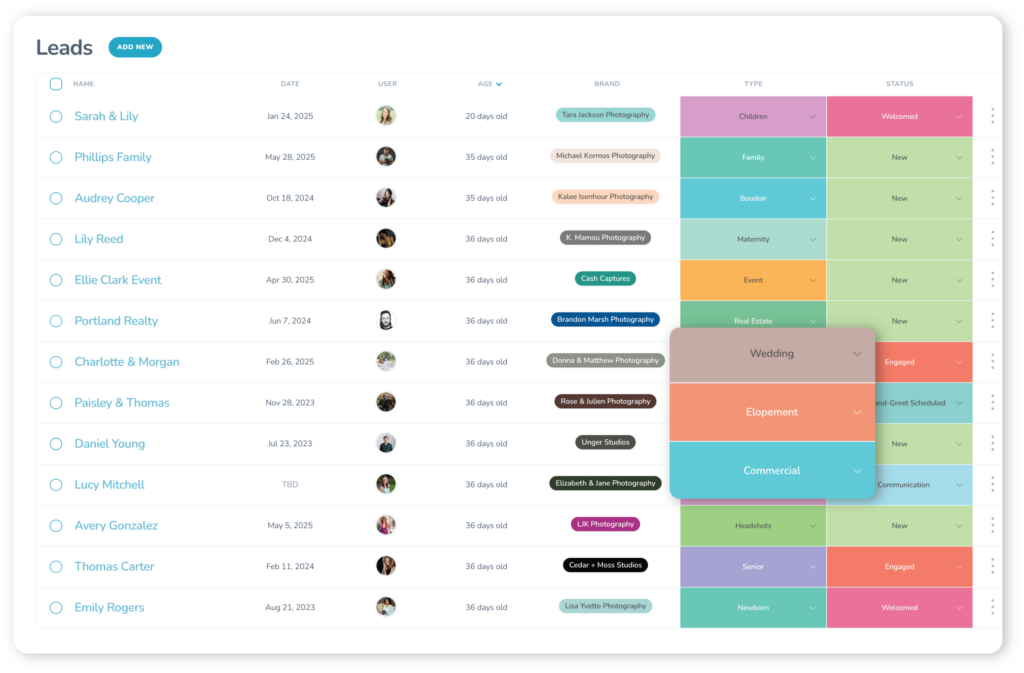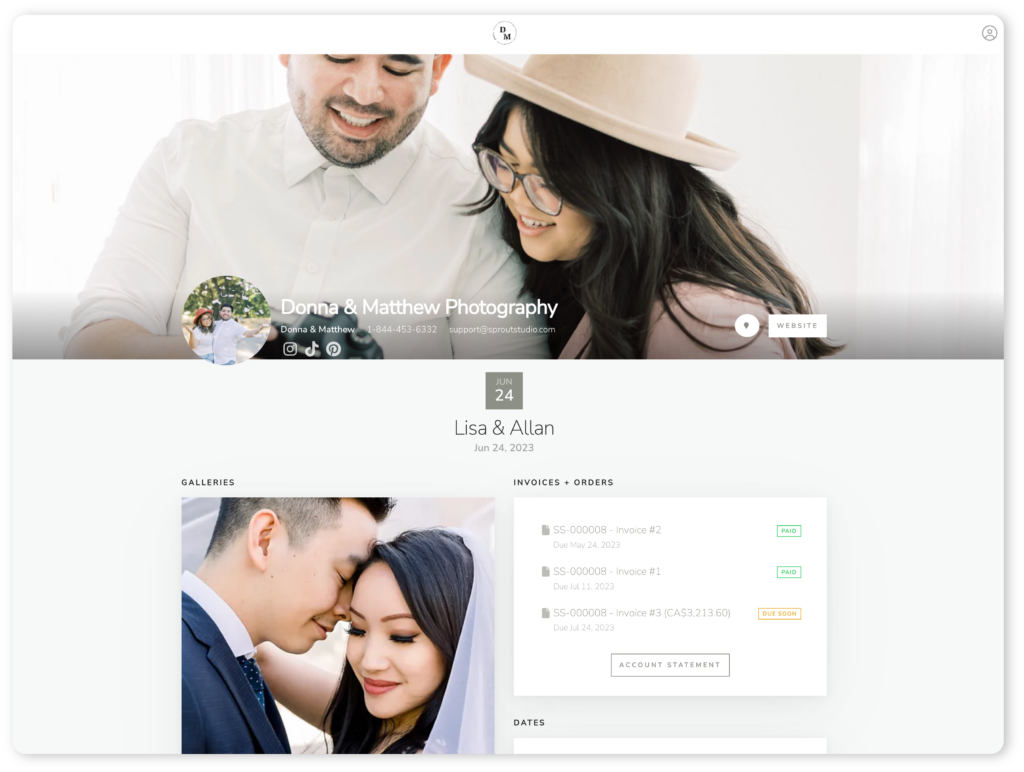Did you know that Sprout Studio is the only CRM that has custom pronoun fields in our software? We didn’t feel that simply having this feature was enough, so we set out to help educate photographers on the importance of normalizing pronouns in their business.
If you haven’t already, learn why photographers are adding pronouns in their business to better understand the topics discussed here.
In order to represent the voice of Sprout Studio users, Jules, our Partnership and Outreach Coordinator interviewed 5 photographers who have included pronouns throughout their business. Included in those interviews was Kate Merrill (she/her)…
Who is Kate?
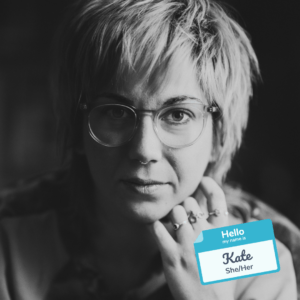
Denver-based wedding photographer Kate Merrill (she/her) found rapture in photography at the early age of 6, with hopes of someday becoming a National Geographic photojournalist – to which her mother would counter, “oh honey, only rich people can do that!“
Yet the desire stuck with Kate through her adolescence each time she flipped through her uncle’s iconic yellow magazine collection, only heightening in high school where a trip to India exposed Kate to the tangibility of her dreams.
But it wasn’t until halfway through her psychology program in college that Kate had the ever so familiar “what-am-I-doing?” moment, prompting her to pivot and add an art degree with a photography emphasis to her studies.
Determined, she took to a job posting forum where she applied to a wedding photography company looking for interns. After 3 years of working up their ranks, Kate decided to start her own business where she could champion a client experience that better aligned with her long-term goals.
Around the time when she began planning her own wedding, Kate started looking more critically at the wedding industry, becoming cognizant of how “the same it all was… straight and whitewashed. Bridal magazines reusing the same attractive couples, the same body type, there was just no inclusivity or diversity whatsoever…transparency, flexibility, and authenticity were not values I was finding in my own search for wedding vendors.”
Kate set out to reshape the narrative by kicking off her biz very differently, ensuring that “when you land on my website, you know that’s not how I do things and that everybody is accepted.” Kate considers this ideology a primary pillar of her company that evidently holds true to the experience her clients have expressed over the years.
The Power of Pronouns
Proudly advertising herself as being an LGBTQ+ inclusive wedding photographer, Kate understands firsthand the importance of co-creating spaces for others to feel welcome. Touching on how her own sexuality has made her feel isolated at times, she explains:
“Pronouns are important because the people who have made me feel welcomed in the gay community as someone who is bisexual, made me realize that for anyone who is not part of a ‘normal’ box, the moment of being welcomed into a space is the most incredible experience you can have.”
“There are some people in the gay community who don’t see me as someone who has gone through the same level of hardship as they have because I’m in a straight passing relationship, which I fully acknowledge is a privilege that I have.”
“So if I can open that door even a tiny bit and take that first step to open my space to somebody who is experiencing that, or make a conversation a little bit easier for someone who uses they/them pronouns, then I’m 100% going to do that.”

Kate describes a perfect example of this, where having her pronouns visible in her Zoom name during an online class made a huge impact on someone else in the group:
“30 people were in the class and it was just me that had my pronouns labeled, and one person with they/them pronouns. You can bet that person looked around that room and was like, that’s the one person that I feel safe talking to out of this whole group of people.
“If there hadn’t been someone else in the room with pronoun labels, that would have been a much scarier space for them to enter into.”
Why are pronouns important in business?
Within her photography business, Kate continues to look for opportunities to respect pronouns:
“Sprout makes it super easy for me to ask for people’s pronouns every time they contact me as well, which I think is huge.”
“When I get a response and someone does use they/them pronouns, I know I won’t make it awkward because it’s here at the back end, now I know from this point forward.”
“The default Sprout contact form attaches the pronouns to the main contact, so I also have clients enter it for the secondary contact and go in to manually make sure that those are consistent across the board.”
“Find other spaces, not just your own pronouns, not just your own website, where you can replace gendered language that you use out of habit with non-gendered language.”
Kate also emphasizes the importance of avoiding using gendered language for photographers who are looking to be more inclusive with their clients. She explains why asking for pronouns in advance can help avoid an uncomfortable situation for all, especially when it comes to shooting weddings:

“Wedding photographers specifically, stop using gendered pronouns like “groomsmen” and “bridesmaid” to refer to groups of people on wedding days…any of those derivations, just stop using them. It’s becoming more and more common for people to have mixed cis gender wedding parties around them.”
“Find other spaces, not just your own pronouns, not just your own website, where you can replace gendered language that you use out of habit with non-gendered language.”
“I think that’s really important because our job is to go in and interact with a large group of people that we don’t know. Odds are, you’re going to walk into a space where somebody is non-binary or is different from the gender that you feel that they look…if there’s anything more awkward in the world, it’s misgendering a trans person with a group of their friends.”
“When I’m doing that pre-wedding questionnaire for couples, I ask for everybody’s pronouns. I don’t care if it takes you 20 minutes to list out pronouns for every single person that I’m going to be interacting with, but I want it on the list so I know the day of, so I can let my second shooter know. And if I hear somebody misgender them, so I can call it out and be that person.”
“You can be the person who makes the difference to the way that a wedding is going to go. If you want to be invited and welcomed into queer weddings, that’s something you need to be prepared to do. People aren’t going to be 100% comfortable with you until that’s the energy that you’re walking into a space with.”
“I want to make sure my couples know that I’m excited about their love and I’m here to photograph it with understanding, compassion, and authenticity”
The glowing feedback from Kate’s clients also speaks to the energy she brings as a wedding photographer:
“I want to make sure my couples know that I’m excited about their love and I’m here to photograph it with understanding, compassion, and authenticity.”
“I get a lot of comments like, thank you for having other queer folks on your website, thank you for having same-sex weddings very prominently on the first page, thank you for making it clear that we’re welcome in this space from the onset of talking to you. And I do think pronouns are a big part of that.”
“It causes you no harm and it makes the life of somebody else infinitely easier. So why not?”
When asked how she would explain the importance of pronouns to someone who may not understand, Kate answered:
“I think the most simple explanation is it causes you no harm and it makes the life of somebody else infinitely easier. So why not?”
“It’s not that hard, it makes everybody that you meet feel welcomed by you, and you’re honoring their identity as a person.”
“I think it can also spark conversations, if somebody sees my pronouns in an email signature and then asked me about it, it’s a lot easier for me to have that conversation as somebody who’s cisgender. If I have to go into explaining what non-binary is, that’s another conversation I’m always happy to do.”
“It helps make it normal for somebody to walk into a conversation and show their pronouns.”

Mistakes will be inevitably made when trying to be more inclusive; it can be easy to end up ostracizing people even with the intention of trying to include them. It’s important to not let past slip-ups discourage us from trying to do better in the future, as Kate explains it’s all just part of the learning process:
“What I initially had in my questionnaire was “is there anybody whose pronouns you feel I need to know.” I analyzed it after the fact and realized I’m not normalizing pronouns this way, I’m just making that person stand out from the rest of the group when what I wanted to be putting forward is that I want to know everybody’s pronouns.”
“You might get something wrong when you’re posting in an LGBTQ+ wedding group or say something dumb, but those are kind of the struggles that you just have to go through as you learn.”
When asked what insight she hopes others will take from her interview, Kate leaves us with proactive advice that we hope will inspire our readers to take action in their own lives:
“I hope it would make everybody go and add pronouns to their email signatures because that’s the first and easiest step that you can take. Everybody that you email from that point forward will feel safe talking to you, no matter what their gender identity is.”
“I hope it inspires other people to make their brands and wedding-focused services more inclusive. Make sure that you’re not just thinking that you’re inclusive, but you’re also putting out into the world that you are inclusive and showing it in a way that people feel safe approaching you and incorporating you into their celebration.”
“I hope if you’ve never used they/them pronouns before, that you go find someone, anyone, that you can get coffee with and practice using they/them in a fluent way. That way when somebody does feel safe with you and comes out to you, you can jump in and be a really good ally to them from minute one.”
“I am a fervent believer that as long as you approach any of these situations with a genuine desire to show people love and inclusivity, you’ll get there. Sometimes there are just stumbling blocks along the way”
“It causes you no harm and it makes the life of somebody else infinitely easier. So why not?” – Kate Merrill
Other Impactful Stories
Check out our other interviews with equally inspirational, yet beautifully unique stories about pronoun use and gender identity!
